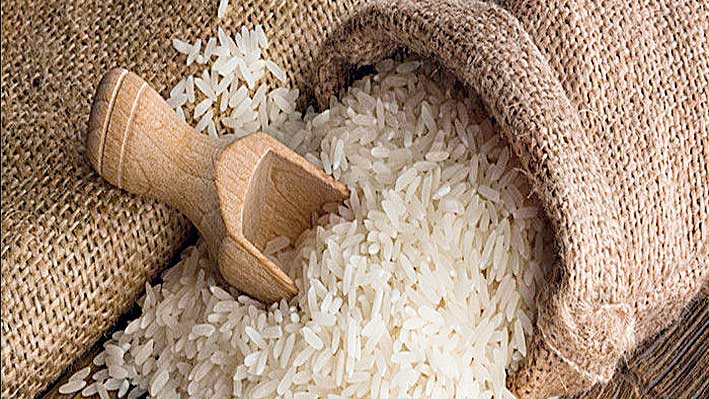Adani Wilmar Limited (AWL) on Tuesday announced the acquisition of several brands, including the renowned Kohinoor Brand for the domestic (India region) from McCormick Switzerland GMBH for an undisclosed amount.
Analysts said the free trade agreement that the country has entered into would provide new markets for basmati rice. While the country has concluded an FTA with the UAE, it is likely to have an early harvest pact by Diwali with the UK and is hopeful of an agreement before the end of this year with the EU.
In essence, the acquisition would give AWL exclusive rights over the brand ‘Kohinoor’ basmati rice along with ‘Ready to Cook’, ‘Ready to Eat’ curries and meals portfolio under the Kohinoor Brand umbrella in India.
The Kohinoor brand portfolio comprises of “Kohinoor” for premium Basmati rice, “Charminar” for affordable rice and “Trophy” for regular segment.
Angshu Mallick, chief executive officer and managing director of Adani Wilmar, said: “This acquisition is in sync with our business strategy to expand our portfolio in the higher margin branded staples and food products segment.
“We believe the packaged food category is under-penetrated with significant headroom for growth.
“The Kohinoor Brand has a strong brand recall and will help accelerate our leadership position in the Food FMCG category.”
“India is one of the biggest rice exporters in the world, having a share of 22 per cent in the world rice exports,” Adani Wilmar says in its red herring prospectus for a public issue it submitted to Sebi in February this year.
The document added: “(The) Share of Indian exports in global trade of rice is high at almost 22% of the global exports making India the largest exporter in the world. Other major exporters are Vietnam, Thailand and Pakistan. In CY 2019, India exported 9,819 thousand tonnes of rice with a value of USD 6.80 Bn. Middle eastern countries like Iran, Saudi Arabia and Iraq are the major customers for Indian rice exports. Basmati rice accounts for nearly 63% of the total Indian rice exports by value and 40% by volume.”
Data showed that for the third consecutive year, basmati rice exports saw a fall over the previous year in value terms, according to provisional figures. In 2021-22, India exported basmati rice worth $3.53 billion, the lowest since 2019-20.
Experts said the reasons were multiple, including the loss of some traditional markets like Iran, fungicide problems in the European Union, and a drop in acreage due to equal or even better returns from competing rice varieties.
Another factor is the shift in cultivation of non-basmati rice from the basmati rice in main producing states of Punjab, Haryana, and the foothills of the Himalayas due to reduced price differentials.
Data showed that the country saw a record shipment of about 20 million tonnes (MT) of grain worth more than $ 9.6 billion in 2021-22. According to the United States Department of Agriculture (USDA) rice outlook report for April, the global trade in the 2022 calendar year is projected at a record 52.5 MT out of which India’s rice exports are projected to be around 21 MT while Vietnam will ship around 6 MT of rice.










